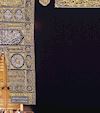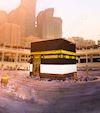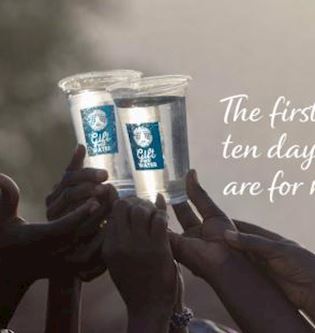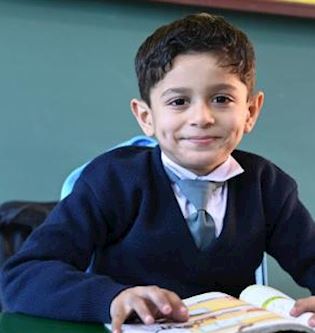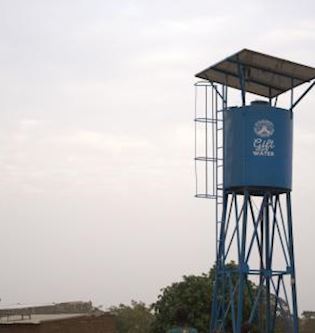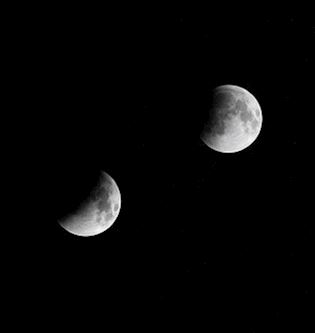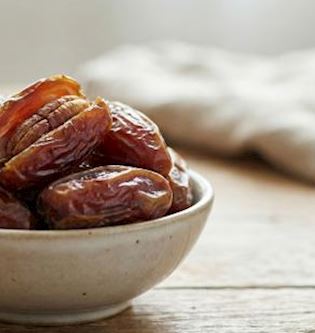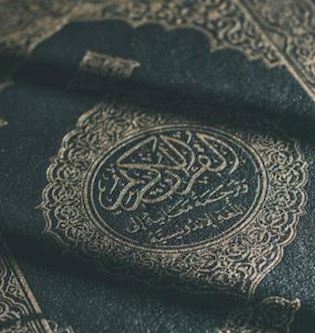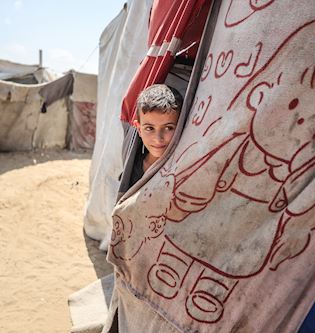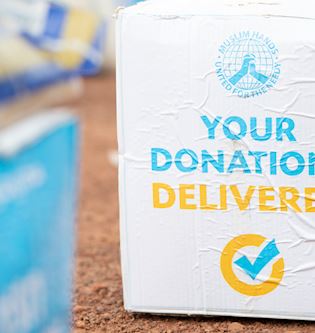All your Qurbani (Udhiyah) Questions Answered
“Say, "Indeed, my prayer, my rites of sacrifice, my living and my dying are for Allah , Lord of the worlds.”
[6:162]
Is Qurbani Fard?
Eid ul Adha is the largest Muslim holiday that Muslims celebrate around the world once a year. Eid ul Adha is also known as Qurbani Eid- because Muslims perform Qurbani on this holiday. Qurbani means sacrifice- specifically to please Allah(swt). Muslims give Qurbani in remembrance and honor of Prophet Ibrahim and his son, Ismail. The animal sacrificed is symbolic of how Prophet Ibrahim almost sacrificed his beloved son to please Allah(swt)-till in the last moment, Allah(swt) replaced Ismail's place with a ram. Therefore, Muslims around the world once a year honor this day as Prophet Muhammed(PBUH) used to do by sacrificing an animal.
The Prophet said (on the day of Eid ul-Adha),
"The first thing we will do on this day of ours, is to offer the (Eid) prayer and then (return to) slaughter the sacrifice. Whoever does so, he acted according to our Sunna (tradition), and whoever slaughtered (the sacrifice) before the prayer, what he offered was just meat he presented to his family, and that will not be considered as Nusak (sacrifice)."
[Bhukhari]
Although not all Muslim schools of thought believe qurbani to be fard (mandatory), the general consensus is that Qurbani should be performed because it was the sunnah of Prophet Muhammed(PBUH).
Who should offer Qurbani?
The requirements of the person who can give Qurbani are:
-
Muslim
-
Adult
-
Sound mind
-
Resident, (not a traveler)
-
Has Capacity or Affordability
Different schools of thought opinion:
The Hanafi’s maintain that udhiyyah must be made by every individual who can afford it within a household. While the Malikis, Shafi‘is, and Hanbalis maintain that a person may sacrifice one sheep or goat for himself and on behalf of his family.
What does Capacity or Affordability mean for different schools of thought?
For Hanafi School as owning the nisab of zakat. In other words, if a person has enough to pay zakat (nisab value), then he has to make Qurbani.
According to the Maliki School, capacity is a person who has the money for a Udhiyah (animal for sacrifice) and does not need it for any other essentials for one year.
According to the Shafi‘i School, affordability is when a person has the money to buy a Udhiyah, which is surplus to his and his family’s needs on the days of Eid (10, 11, 12th of Dhul Hijjah).
According to the Hanbali School, affordability is when a person can get the money even if he can borrow it and repay it.

Which animals can be sacrificed?
The Qurbani animal is a specific animal that's raised for Qurbani sacrifice. They can only be livestock animals such as goats(ram), lambs (sheep), cows, and camels.
And the camels and cattle We have appointed for you as among the symbols of Allah ; for you therein is good. So mention the name of Allah upon them when lined up [for sacrifice]; and when they are [lifeless] on their sides, then eat from them and feed the needy and the beggar. Thus have We subjected them to you that you may be grateful.”
[22/36]
How many animals can you sacrifice?
1- Goat/sheep = 1 Qurbani
1 -Cow/Camel = 7 shares (7 Qurbanies)
As such, you can either sacrifice a small animal or take part in a larger animal- the reward would be the same. Typically, one Qurbani is offered for one household. Or one Qurbani-per for all qualified adults, depending on the school of thought followed.
You can also make an extra sacrifice- as per Prophetic Qurbani. The Messenger of Allah(PBUH) used to sacrificed for the one who could not sacrifice from his Ummah, one who bore witness to the Oneness of Allah and [his] Prophethood’. [Tabarani and Ahmad] Let us try to revive the sunnah of our Propet.
Anas bin Malik said, "The Prophet used to offer two rams as sacrifices, and I also used to offer two rams."
[Bukhari]
What are the requirements for Qurbani animals?
Qurbani animals have specific health and age requirements that must be adhered to.
Age:
-
Sheep/Goats: should be at least one year in age (in other words, should have over half their teeth)
-
Cows/Buffalo: should be at least two years of age.
-
Camels: should be at least five years of age.
Health status:
All animals offered for Qurbani must be healthy and free of disease, including the following conditions:
-
They cannot be excessively thin or lean
-
They must be able to walk themselves to the site of the slaughter
-
They cannot be toothless or missing over half their teeth
-
They must not be blind or one-eyed
-
They must not have a lame leg that is sufficiently weak that they are unable to walk on it.
-
They must not be hurt or abused in any way.
How to slaughter Qurbani animals?
Narrated Anas: “The Prophet offered as sacrifices two horned rams, black and white in color. He slaughtered them with his own hands and mentioned Allah's Name over them and said Takbir and put his foot on their sides.”
[Bukhari]
The act of Qurbani is meant to be full of mercy and humility as such:
-
The animal should be slaughtered with a sharp knife to avoid causing undue suffering.
-
The knife should not be sharpened in front of the animal.
-
No animal should be slaughtered in the presence of another.
It is Obligatory to say "Bismillahi Allahu Akbar" when slaughtering the animal offered for sacrifice. Followed by the name of the person on whose behalf the sacrifice is being performed or whom it's intended for, i.e., people in need as a whole.

When does Qurbani take place?
Qurbani takes place on Eid day after the Eid prayer. Sacrifices performed before Eid prayer do not count as Qurbani. You can perform Qurbani on any of the three Eid days: the 10th, 11th, and 12th days of dhul-Hijjah.
The Prophet said, "Whoever slaughtered the sacrifice before the prayer, he just slaughtered it for himself, and whoever slaughtered it after the prayer, he slaughtered it at the right time and followed the tradition of the Muslims."
What should I do if I missed Qurbani in previous years?
You can make up for missed qurbani- by sacrificing an extra animal when you can give Qurbani. Or donating the market value of animals offered to the poor and needy. You can calculate how many qurbani's you need to give by calculating how many years you have missed. Our teams can assist you with both options.
When should I make my Qurbani donation?
At Muslim Hands, you can make your Qurbani a month in advance. If you wish to give your Qurbani in a certain location, please check our listing, as we advise you to make your donation as soon as possible, as quotas fill up very quickly.
What should I do if I am offering Qurbani?
When making your donation with Muslim Hands, please remember to give your name or the names of those on whose behalf you are donating Qurbani. Learn what you should do if you offer Qurbani, according to Sunnah.
What is the cost of Qurbani through Muslim Hands?
You can make your Qurbani with Muslim Hands for as low as $70.
Cost Breakdown:
-
Covers the price of animal purchase.
-
Expenses associated with caring for the animal, including regular health checks by the veterinarian.
-
Transportation/logistics costs to bring the animals to the slaughter location.
-
Labor and expenses, including packing and distributing meat.
Can Qurbani meat be distributed to non-muslims?
Yes, Qurbani meat can be distributed to non-Muslims. The meat of sacrificed animals is meant for all people, whether they be relatives, neighbors, or the needy, regardless of their faith.
Can Qurbani be done on behalf of deceased family members?
Yes, performing Qurbani on behalf of someone else, including those who have passed away, is acceptable. It should be made clear when Qurbani is being performed on whose behalf it is so that their name can be said at the time of sacrifice.
"Eat the cattle, and feed the needy and poor."
[22:28]
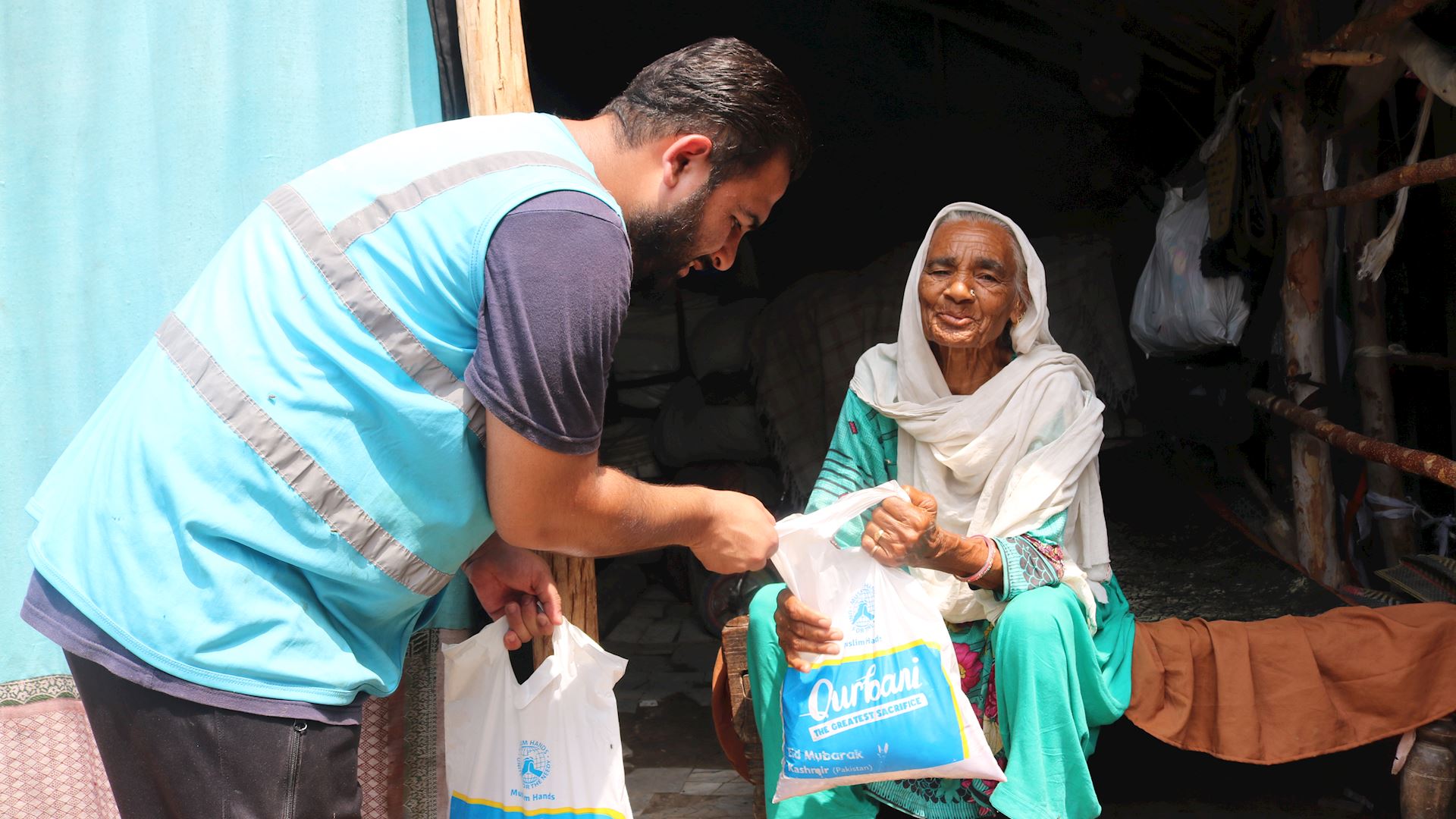
What are the Qurbani distribution rules?
Qurbani rules state that meat should be distributed by rules of thirds.
One-third for the Qurbani performer, one-third for your family and friends, and one-third for the poor/needy.
But it is encouraged to give Qurbani meat to vulnerable families as much as possibe. Because the point of sacrifice is to please Allah swt, and by giving fresh meat to needy families as much as possible, you earn the pleasure of Allah swt.
But before distributing meat, a person should be mindful of the following:
-
Qurbani must be given on the 10th, 11th, or 12th days of Dhul-Hijjah. (And it's encouraged to distribute it as soon as possible by the end of the third day)
-
Sacrifices can only be made after the Eid prayer (sacrifices made before do not count as Qurbani).
-
Animals for sacrifice must meet minimum age and health requirements.
Prophet Muhammed(PBUH) said,
“There is nothing dearer to Allah during the days of Qurbani than the sacrificing of animals. The sacrificed animal shall come on the Day of Resurrection with its horns, hair, and hooves (to be weighed)."
[Bhukhari]
At Muslims Hands, we always distribute your meat always fresh, never tinned or frozen.
Who is my Qurbani meat distributed to?
Our local experts on the ground come from the communities we help. This means that they know who needs our help in their communities. Before Eid al-Adha, they look for families that will benefit most from your sacrifice and ensure that your Qurbani reaches them. In general, Qurbani meat will be first distributed to widows and orphans and then to other impoverished families.
So whether you are giving Qurbani to smaller or larger animals, we at Muslim Hands ensure that your Qurbani shares are given out promptly to everyone in need so that all families can be part of the festival of Eid ul Adha.
Performing Qurbani is a sacred honor and the only time many vulnerable people get to eat meat. When you perform and pay qurbani through Muslim Hands, you ensure that the animal sacrifice reaches those in need. You become the hope for families and a means of joy on Eid day.





